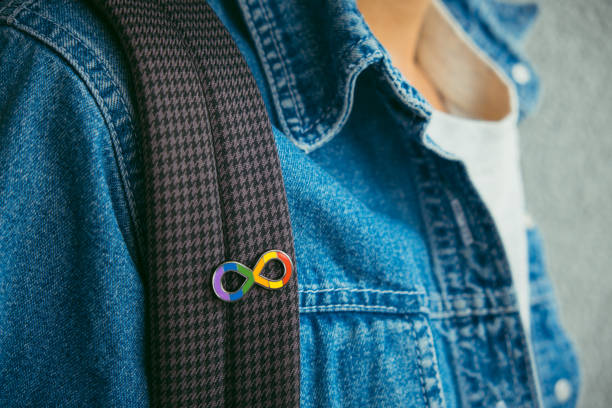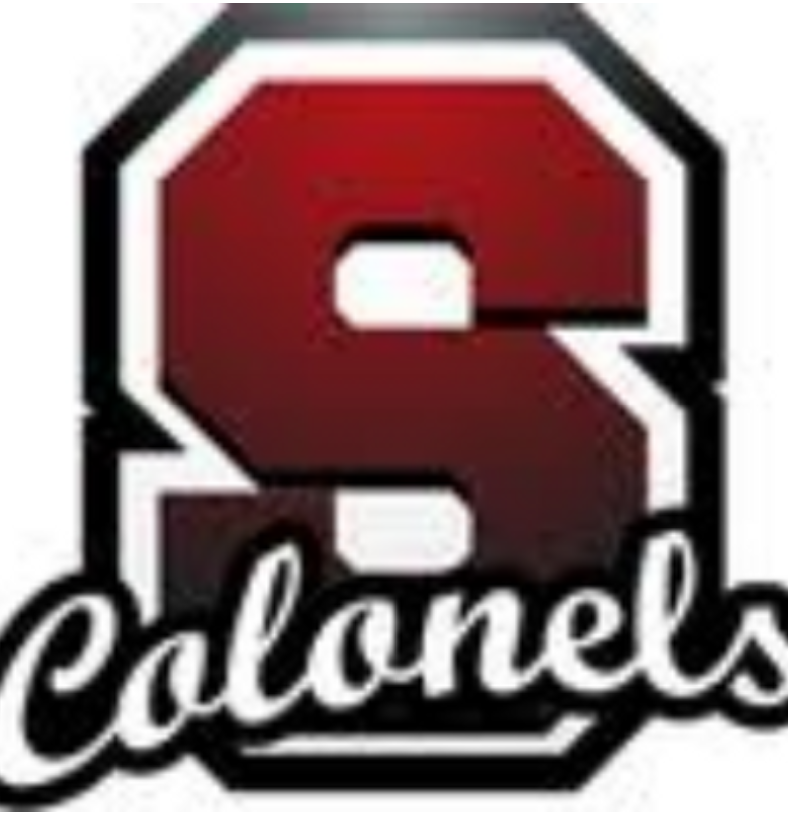On Tuesday September 26, teachers across the school were notified that all snack sales and bake sales during lunch were prohibited indefinitely. For the many clubs and organizations at South who depend on money fundraised from lunch snack sales, this news came as an unexpected blow.
Assistant Principal Ms. Papadopoulos emailed teachers about the news, having learned of the ban from a nutrition worker in the cafeteria at South. The nutrition worker had attended a district-wide meeting, where attendees were reminded of certain nutritional guidelines that schools in the city must comply with. Snack sales are not in compliance with this set of rules.
In 2010, the State of Massachusetts passed An Act Relative to School Nutrition, which outlined the quality and type of food that must be served in public schools. Among other instructions, the state requires that no beverages with sugar or added sweeteners can be distributed. Additionally, foods in which 35% or more of the calories come from either sugar or fat are prohibited, except for in instances of natural occurrence, such as in fruits or nuts. These nutritional standards are relevant up to 30 minutes before and 30 minutes after school.
The Act is intended to encourage healthy eating habits among Massachusetts students. A 2012 pamphlet from the state about the nutritional guidelines says its goal is to “enhance learning, contribute to [students’] healthy growth and development, and cultivate life-long healthy eating behaviors,” in addition to combating childhood obesity and preventing complications later in life.
There is a potential caveat in the Act, which says that exemptions to the guidelines may be applied in the case of food or beverages “sold during the school day at booster sales, concession stands, and other school-sponsored or school-related fundraisers and events.” Potentially, snack sales could be allowed again in their original form.
However, Ms. Papadopoulos said that she would need guidance from the district regarding whether this exemption could be applied to snack sales. A district employee had not responded to a request for comment by time of publication.
Therefore, out of an abundance of caution, school administration decided to cancel snack sales after learning about these guidelines in September. “It’s probably been information that’s been out there,” said Ms. Papadopoulos, “but we weren’t necessarily fully aware of the policy piece.” She said that the school did not realize they were out of compliance with these guidelines. Now that they realized they were, it was important to follow the standards. “The healthier our kids are, the better off they are,” she said.
She recognized that the new guidelines would be detrimental to organizations in the school that rely on snack sales for fundraising. They were an “easy way” to bring in money, which “helps a lot, because a lot of what our students want to do is based in fundraising,” she said. When there is “limited funding” from the school’s side, it helps to have an additional way to raise money.
Roughly 30 percent of clubs in the building utilized snack sales before they were banned, Ms. Papadopoulos estimated. Among those were National Honor Society and the senior class.
For NHS advisor Ms. Apau, snack sales are a main way to raise money to donate to different organizations; NHS donated $500 to the UMass Cancer Walk this year, and $1000 to the Worcester Walk to Defeat ALS last year, and could not have done that without snack sales. Additionally, Ms. Apau said snack sale funds are used to have “a little bit nicer stuff” at the end-of-year NHS induction ceremony and party, where decorations and food are needed.
Ms. Bailey, one of the senior class advisors, expressed a similar value for snack sales, which are responsible for the “majority of the funds raised for the senior class.” Last year, the senior class sold snacks and drinks on Fridays during most lunches. After an average day of sales, Ms. Bailey estimated they would make around $300.
These funds “have helped to pay for a lot of the extra [activities], like at prom or on senior day.” The cost of a South prom ticket is significantly decreased by the money fundraised through snack sales—in fact, South typically has the least expensive prom ticket of all the Worcester high schools. Last year, it was $60 per ticket, whereas other schools charged upwards of $80. On senior day, the funds raised through snack sales go towards “inflatables, cotton candy, any snacks that [the seniors] want to eat,” Ms. Bailey explained.
Not having snack sales “is definitely going to hurt us,” she said. Ms. Bailey, along with co-senior advisor Ms. Farrell and the senior class officers, are now tasked with finding other methods of fundraising. They are considering a meat raffle, she said, where parents or school community members buy meat to donate for a raffle, but something like that “is going to take a little bit to get up and running.”
“We have no idea yet what’s really going to be successful,” she said.
Ms. Apau is in a similar boat. “We’ve got to just think outside of the box,” she said. She recognizes that online fundraising is an option, but has typically found Donors Choose too complicated.
Currently, NHS is organizing a snack sale that follows the state’s nutritional guidelines, selling items like fruit cups and seltzer, instead of the old favorites of Arizona Iced Tea, cookies, and candy. It is unclear what the success of such a sale will be, however.
Overall, Ms. Apau feels at a loss without snack sales, since they were one of the most effective ways of making money. “There’s a great mark-up,” she said. “Kids want to buy snacks and kids bring them in. It’s really a win-win.”
Ms. Bailey also said that, over the years, the senior class has tried other fundraising methods, but none of them have been as successful as snack sales. “It’s something that [students] enjoy,” she said. “They always come up and ask if I’m selling [snacks].”
Ms. Bailey does think about the nutritional aspect of the snack sales, though. “I’m hopeful that our students are old enough and mature enough to make healthy decisions,” she said. “Like, if they’re going to have an Arizona [drink] and chips, it’s going to be accompanied by something healthy.”
However, Ms. Bailey hopes that snack sales will be allowed again in the future. “In the end, it is something that benefits our students.”
“We would love to continue to run them,” said Ms. Papadopoulos. “But certainly not where South is not in compliance.”








Laura Coderre • Oct 27, 2023 at 9:13 pm
It really sounds like that exemption should apply to us but I definitely understand the hesitation from admin. We are certainly old enough now to make decisions like these for ourselves and I hope this is rectified soon enough for our clubs to get back on track financially.
Mx. Turner • Oct 27, 2023 at 1:30 pm
I had heard the snack offerings had changed, but I wasn’t sure why! Hopefully the district gets back about this so that our orgs can keep up on fundraising. Thank you for the informative piece!